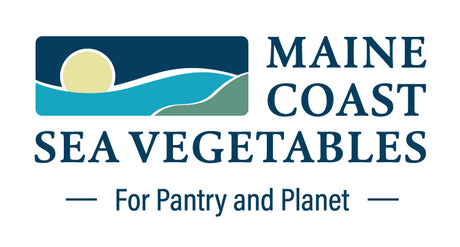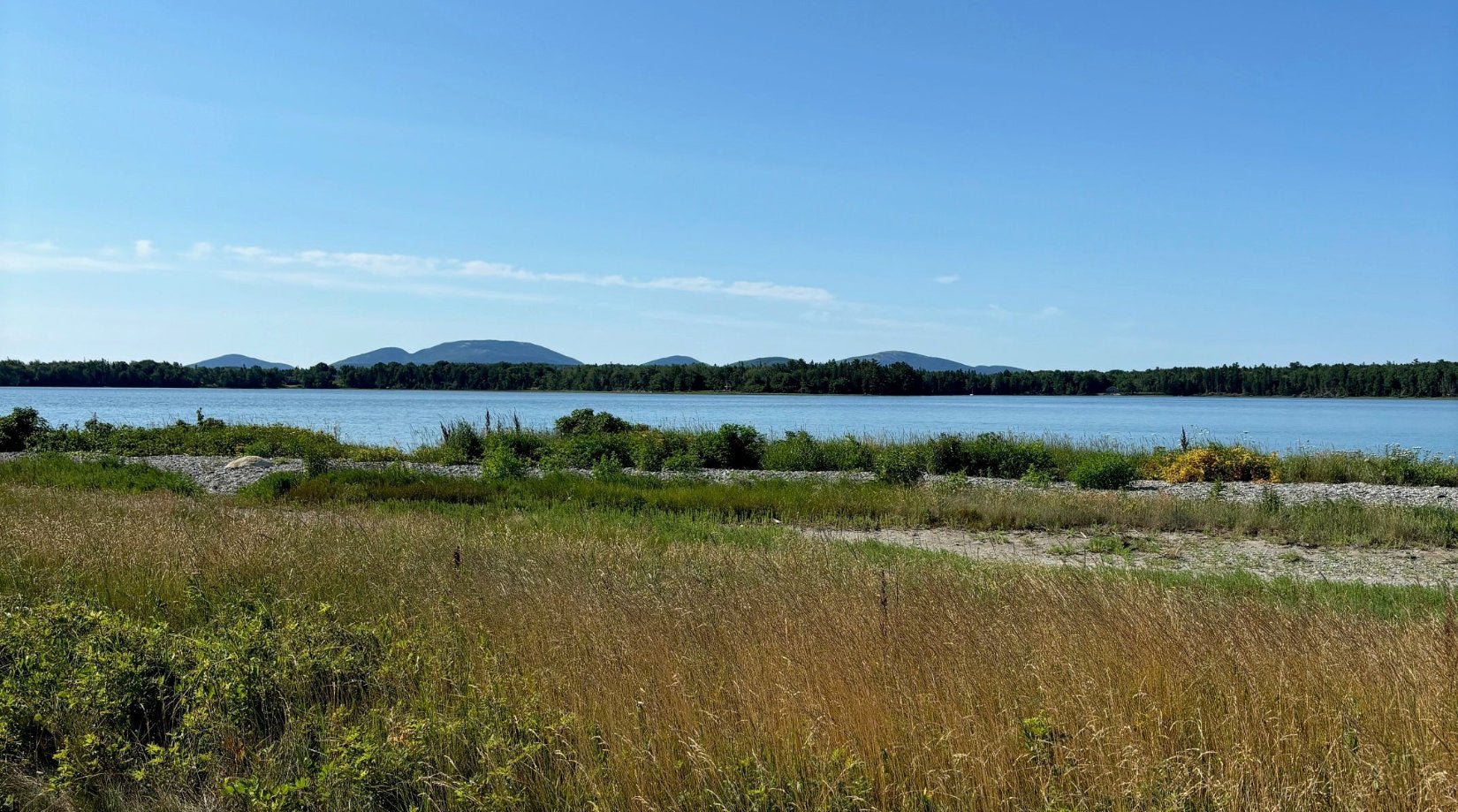September 21st is International Coastal Cleanup® (ICC) Day. The ICC is one of several global initiatives coordinated by the Ocean Conservancy to protect the planet’s oceans, and it works by engaging volunteers to remove trash from the world’s beaches and waterways. More than 17 million people have collected over 350 million pounds of trash since the program was started in 1986 by Linda Maraniss and Kathy O’Hara. Linda and Kathy are inspiring examples of how individual action can lead to global collective action.
Linda was inspired by Kathy's groundbreaking report called Plastics in the Ocean: More than a Litter Problem, published in 1987. When Linda moved to Texas from Washington, D.C., where she had been working for Ocean Conservancy, she and Kathy reached out to the Texas General Land Office, local businesses, and other dedicated ocean lovers to plan what would become Ocean Conservancy’s first cleanup. The 2,800 volunteers they recruited recorded every item of collected trash on a standardized card to identify ways to eliminate it in the future. This has been a standard feature of every ICC since and cleanup reports for every year are posted on the Ocean Conservancy website.
Volunteers traditionally recorded information in the field on paper sheets, but of course now there is an app for that! Known as Clean Swell, it's available from the Ocean Conservancy website. Trash items can be entered into the app as they’re collected and an algorithm calculates their weight. A photo option provides even more information. The data is instantaneously uploaded to Ocean Conservancy to be included in the annual report.
Every annual report highlights different aspects of ocean pollution and they all contain statistics detailing such things as numbers of volunteers, pounds of trash removed, and numbers of specific items. The 2009 cleanup report lists 43 items such as drinking straws, cigarette butts, shotgun shells, and balloons, with 10,239,538 individual pieces of trash counted that year! In total, 7.4 million pounds were collected in 2009 from oceans and inland waterways by about 500,000 people in 108 countries. In 2022, 469,482 volunteers collected 15,519,392 items amounting to 8,158,402 pounds of trash. Among the items collected were 844,372 plastic bottle caps; placed side-by-side, they would stretch the length of 781 blue whales.
Some annual reports are more detailed than others but they all include a top ten list of trash items, which are usually things such as plastic bags, straws, cigarette butts, and food wrappers or containers. Not surprisingly, plastic debris dominates. We hear a lot about plastic and microplastic pollution these days, but just like man made climate change, the problem has been around for a long time.Cigarette filters are usually the most commonly found item, but fishing nets also make the top ten in some years. As the 2004 report states, pinpointing these types of debris and the activities that cause them aids in tracing sources of debris and in creating educational programs to help people develop a new mind set toward littering and purchasing.
Maine Coast Sea Vegetables relies on healthy oceans to provide healthy sea vegetables, and we support the Ocean Conservancy and other organizations working towards that goal with annual donations. We also volunteer when we can. The Maine Coastal Program, a Division of the Maine Department of Marine Resources (DMR), recently opened registration for the annual Maine Coastal Cleanup. The Coastal Cleanup is a volunteer-driven initiative that runs from September 7th to the 21st as part of the ICC to clean debris from Maine’s coastal shores and waterfront communities. Anyone wishing to coordinate a Maine cleanup can register online by completing a brief form on the DMR website and selecting a site along the coast. 152 sites covering all of Maine’s coastline from Lubec to Kittery are listed.
On September 17, MCSV team members will be at Marlboro Beach picking up and tabulating cigarette butts, bottle caps, lobster bait bags, and any other manmade debris they encounter. Located within Racoon Cove opposite of Mt. Desert Island, Marlboro Beach is 0.2 miles long with areas of soft, white sand and gravelly beach. The beach is practically in the backyard of the MCSV processing plant in Hancock (which is stretching the definition of backyard to ten miles!). As the saying goes, think globally, act locally.

Marlboro Beach in Lamoine Maine. The mountains of Acadia National Park can be seen in the background.
Similar cleanup events are sponsored in just about every state with a coastline, including states with freshwater coastlines only, such as those bordering the Great Lakes. Many of these events occur every year on the third Saturday of September, which is the official International Coastal Cleanup Day, but some states hold ICC affiliated events throughout the year and the Clean Swell app makes individual ICC events possible anytime.
Once the app is downloaded it can be used without WIFI or cellular service, making it perfect for remote areas. It calculates the total weight of the trash you collect, tracks the location of your cleanup (only if you have enabled GPS or Location on your device), and determines the total distance cleaned. The cleanup can be spur of the moment with just one volunteer or it can be a planned event with many volunteers. The Clean Swell app is currently available in 12 languages and counting. The app should make it easy for anyone to make a positive impact for our ocean and planet, and it will be interesting to see if it results in more volunteers and collected trash in coming years.
The International Coastal Cleanup is one of many volunteer efforts around the world to address the mess we humans are making of the environment. This blog article is posted on July 26, just before Maine Coast Sea Vegetables reduces operations for a month to give our employee owners some time to rejuvenate body and spirit in August. As it so happens, July has been designated Plastic Free July® by the Plastic Free Foundation. This is another global initiative joined by millions. It addresses the problem of plastic trash at the source by reducing the use of plastic. Similar to the ICC, it was started by the dedication and hard work of an individual, Rebecca Prince-Ruiz, and a small team of volunteers. Although July is almost over, it's never too late to reduce your use of plastic, even if it's something as basic as never buying single-use plastic water bottles.
The MCSV Marlboro Beach cleanup was scheduled for a time of day when the tide is out. While we’re out there collecting trash you can be sure we will also be looking for seaweed. Not to harvest, just out of curiosity and love for seaweed. We encourage you to do the same if you live near a coastline and can!

A recent visit to Marlboro Beach showed that it was actually quite clean, but not entirely. These two pieces of plastic were spotted in cast ashore rockweed along the wrack line, the line along the beach where high tides tend to deposit debris.

